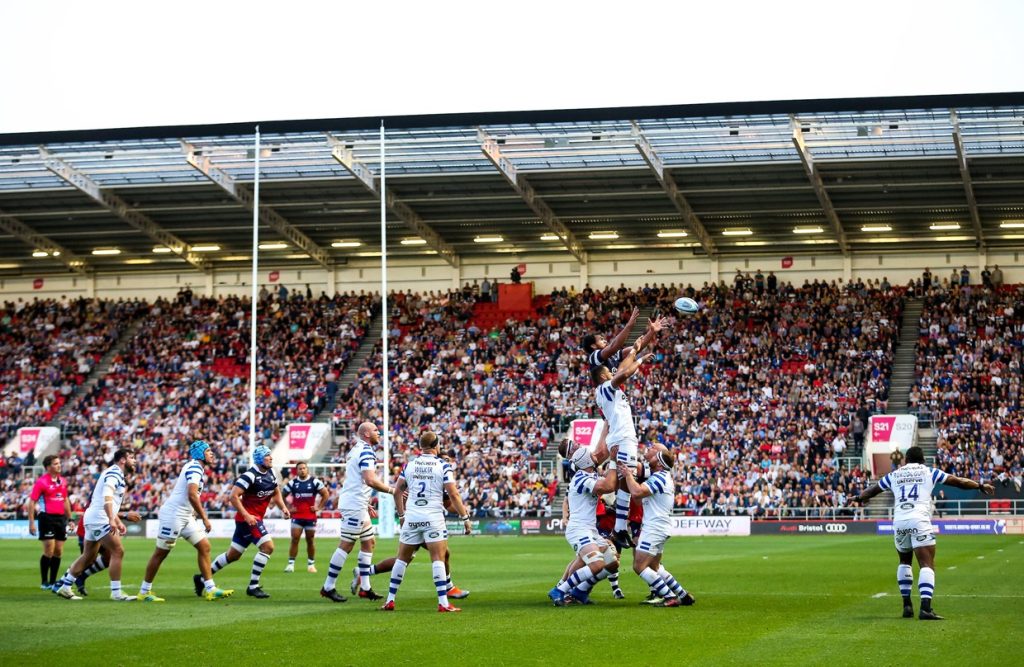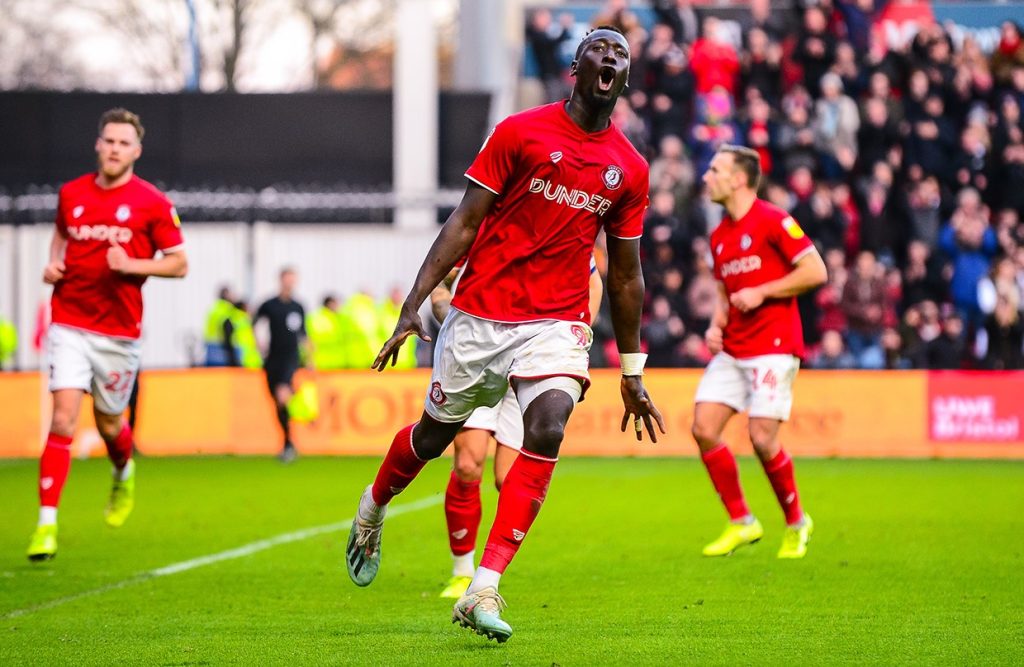PTI Lead Technology Consultant and Ashton Gate CTO Dan Ireland explains what it is like to work in a fast moving technology and sporting environment.
Could you briefly explain your job title and what you do?
My role is Lead Technology Consultant at PTI and my primary client is Bristol Sport Group and Ashton Gate Stadium. My title at Ashton Gate is Group Technology Lead; it is a CTO role across the group. Within the stadium there lies several businesses; Ashton Gate, Bristol Sport Limited, and three sports clubs: Bristol City football, Bristol Bears rugby and Bristol Flyers basketball. Both the football and rugby teams have women’s teams also. In terms of what that means for me is that I deliver a CTO service across all those groups and that’s my primary role.
For your role as a CTO, what does this entail? What are your day to day tasks?
Being the CTO for Ashton Gate involves a combination of skill sets, tasks and responsibilities. In terms of the business, reporting into the board and looking at the business strategy from a technology perspective are key tasks. I guide the board by explaining the technology and how it works in a non-technical manner so that it can be understood by the business. Reviewing current contracts and systems is also a part of the role, which involves a commercial piece; looking at contract values, looking to drive efficiencies and synergies where possible. I also look after the IT and technical team at the stadium; a large part of the role is supporting the team to provide more guidance. Project management and relationship management are key, whether that be for the internal IT team themselves, or with customers and suppliers. Building relationships quickly is necessary to understand how to drive your work force most effectively and in turn drive the best for the business. It’s really about being able to facilitate the best technology for the stadium, whether that technology is the systems or the processes.
In terms of day to day, for the last few weeks it has been about enabling business continuity through technologies due to an increase in home working, making sure the remote working pieces are all in place. We’ve had to accelerate a few projects to allow for people to work remotely including Office 365 migrations and Microsoft Teams. There is a call centre for a ticketing platform which is all normally driven from the stadium itself but that’s all had to be migrated so that the employees can do it from home.

What makes your role in the sporting industry different to a similar role in a different industry?
I think the passion shown by the workers within the industry makes it unique. I’ve worked in technical roles for 13 years across the sporting industry and worked in other industries also. I’ve been consistently impressed by the business communities that I get to work with. Across the projects that I’ve worked on, the attitude seems to be more of a lifestyle choice rather than a business environment, and that’s not just restricted to the UK. I’ve worked in several countries right across the world and it seems to be a common theme – the enthusiasm for the job and industry is obvious and shown through their attitudes.
Can you describe your role on a match day?
On a match day, my role is more about supporting the technical team. If things have all gone to plan, by the time the match day arrives, we should be in a position where we’ve got very little to do. I’ve always maintained that on an event day, match day or a race day, that a quiet day on support is a good day.
Can you discuss a recent project you have helped implement?
We are rolling out new networks across the stadium. It’s a sizeable project with about 40 network switches which will be replaced along with structured cabling, sizeable particularly in the environment of Ashton Gate – seven days a week, 365 days a year. (*During the time of the Covid-19 pandemic*) We’re just making the most of the fact that the stadium is closed because we can be very destructive on the network without many complaints.
What is the most exciting part of your job?
The most exciting part of my job is interacting with different stakeholders. I get to work with internal IT support at the stadium as well as customers and suppliers. Being able to make a difference to the clubs and the fans with my work in technology is a big part of the excitement, so being able to see those differences the services make on an event day is great.
Thinking about digital and technology, how do you see the younger generations of fans demanding more from their stadium experience?
I’ve got a 15-year-old son who is a massive football fan, so I understand it’s a very different world in terms of technology and I don’t have the same experience that my son and his peers have. Keeping ahead of the standards of the younger generations is key to being at the top of providing the stadium experience they want. They expect mobile app interaction, live updates, team announcements, touchscreen kiosks, LED screens, and more. Delivering that is expected now, but to take it to the next level and exceed their expectations means more value can be added on top of those expected assets. This will be valuable to both the club and the fan, so I believe we will be positioned in an excellent place to deliver a great stadium experience if we do this.
What have you found the most challenging?
Replacing the word “race meeting” with “stadium meetings” has been quite challenging. I still get laughed at for that, but moving into stadiums from racecourses presents different challenges because of the different model. Stadiums are seven days a week, 365 days a year as a venue and there’s not many out of hours opportunities for the technical work, so from that perspective that does present more challenges. The current situation (Covid-19) is the most challenging event that the stadium has faced and across the industry that will be the same.

Have you seen a shift from clubs’ boards to invest more in technology to deliver better employee and fan experience?
A clear indication to me is the board perfectly understand the importance of fan engagement. For me, as a CTO, to be able to drive a better experience for all the stakeholders using the relevant tools is of paramount importance. We can then facilitate the use of technology which makes every facet of the business work better. In terms of the horseracing side of my experiences, the outlook on technology has changed massively. In the last 10 years, the involvement technology has greatly increased and keeping up with what is expected presents challenges. A lot of the horse racing world is made up of many different businesses and the challenge there of trying to make them understand that technology is such a critically important part of fan engagement, and the future of the business is different depending on the company.
What are the benefits of working in such a fast-moving environment such as sport?
I think it’s easy to stay motivated as everything is always moving so quickly. New challenges are continually presented working in this business, as there are products and systems as well as all the new technology that comes in, new customers, exciting products… It keeps your working life fresh and the benefit of that for me is that it forces me to stay agile and adaptable which are all the things that keep you on the ball.
